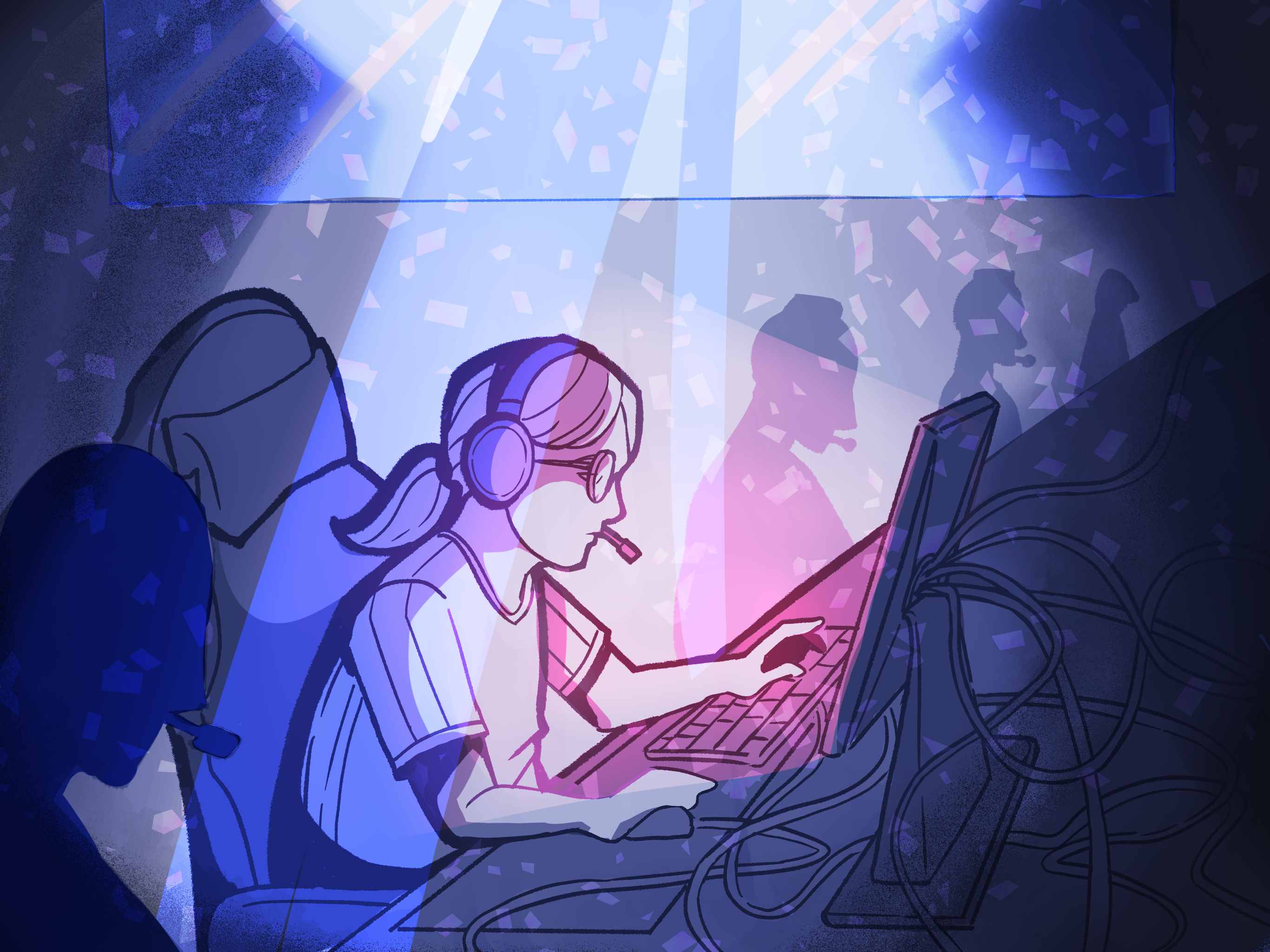Mental Health Concerns in E-Sport Athletes: Lessons from a Legend
Lee Sang-Hyeok is probably the most famous e-sport athlete of all time. Better known as his gamer name “Faker,” he is the most dominant League of Legends player in history, with a total of four world championship titles. His incredible success can be attributed to not only his work ethic, but also the massive infrastructure in place around him, including an enormous training center built in Seoul, Korea by his team T1 Esports. Even with access to some of the best resources the industry has to offer, Faker has struggled with mental health as seen in video blogs with a sports psychologist produced by the T1 Esports team.

Faker is not alone in his battle with mental health in the world of e-sports. In the past few years other e-sports athletes have come forth with their own stories about how their lifestyle and dedication to their games have caused a decline in their mental health. Some have even prematurely retired from their sport citing concerns of their mental well-being. This has sparked a broader conversation about the prevalence of mental health issues in e-sports and what the industry is doing about it.
E-sports, a term loosely used to describe competition in organized video games, has seen massive gains in infrastructure in the past few years. With significant investment from venture capitalists, e-sport teams saw incredible growth with multi-million-dollar contracts being awarded to players and training facilities being built to hold team practices and competitions. During the COVID-19 pandemic the e-sports industry was able to maintain competition and generate greater exposure and participation in the games. It provided a space for those isolated in their homes—especially adolescents—to connect with others and counter loneliness.
At least to some degree e-sports participation can garner health benefits similar to physical sports.. It has been shown that connection to others and the team play associated with group activitiesy can decrease symptoms of depression and anxiety. This is a benefit of both e-sports and physical sports and likely contributed to e-sports’ growth during the pandemic. Both types of sports also provide environments to hone specific skills and engage in competition, which can provide a sense of accomplishment.
However, in one study involving a comparison of mental health symptoms in e-sports athletes and physical athletes done in Brazil during the COVID-19 pandemic, the authors observed more depressive symptoms in e-sports athletes compared to physical sport athletes. The cause of this was undetermined, but based on current literature there are a few plausible reasons for this. One such possible reason is the fact that physical activity—something lacking in e-sports—can improve depressive and anxiety symptoms. While this limitation may lower the barrier to entry for e-sports athletes, it may also be at the root of their mental health symptoms. Additionally, it’s known that depression and anxiety symptoms can be exacerbated by extensive screen time. Participation in e-sports inherently requires many hours a day of practice playing a video game on a screen, which can worsen symptoms. It can also cause abnormal and dysregulated sleep, which alone can contribute to worse mental health symptoms.
The meteoric rise of e-sport participation and the infrastructure around it has garnered a substantial amount of attention and investment. It has provided another outlet to channel creativity and competition, especially among adolescents, but it carries a cost of significant screen time, much sedentary behavior, and possibly worsened mental health compared to athletes in other sports. Paying attention to the mental wellness of adolescent participants is important. E-sport teams should also be aware and be able to point their athletes to mental health resources.
By
Todd Li, Medical Student
University of Wisconsin
Reviewed by
Claudia Reardon, M.D.
Associate Professor, University of Wisconsin
School of Medicine and Public Health, Department of Psychiatry
